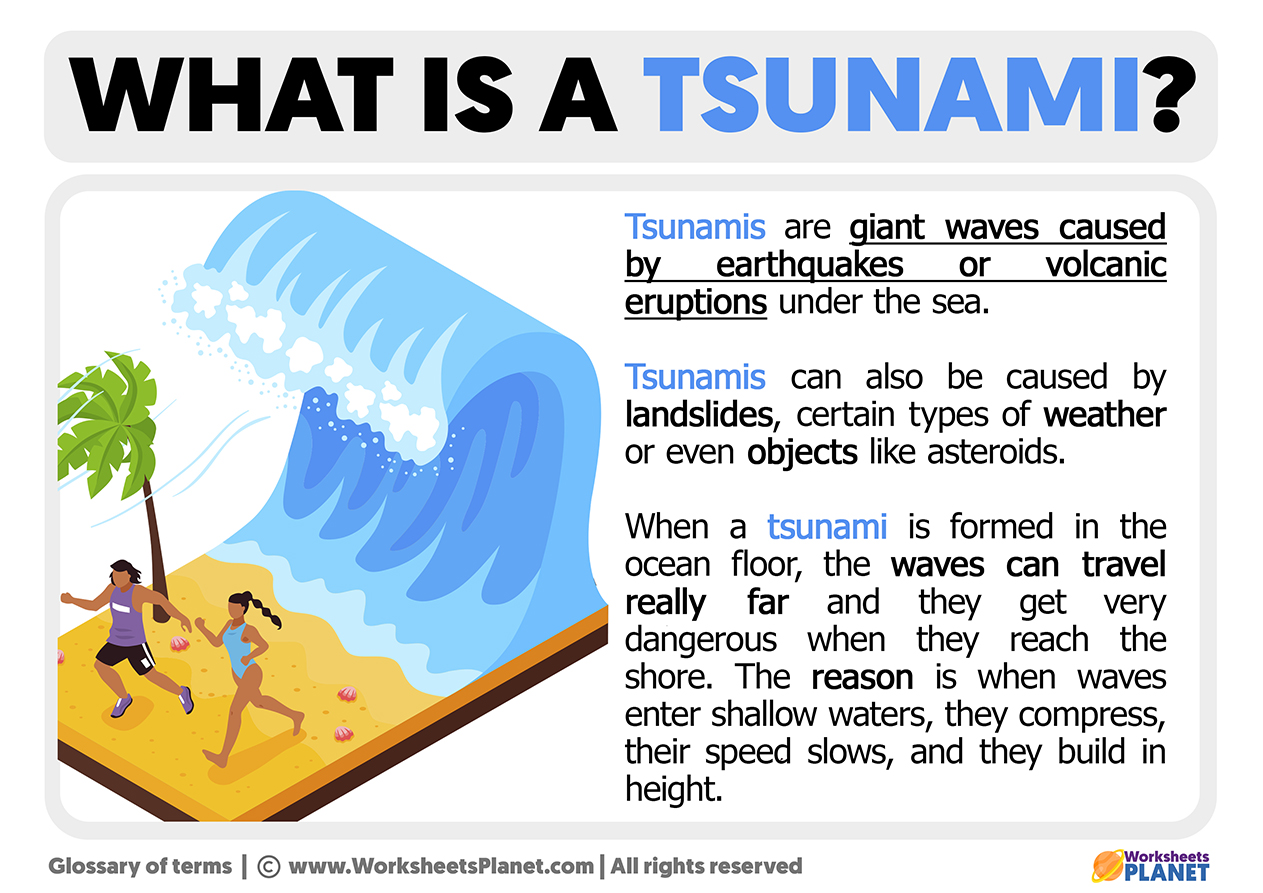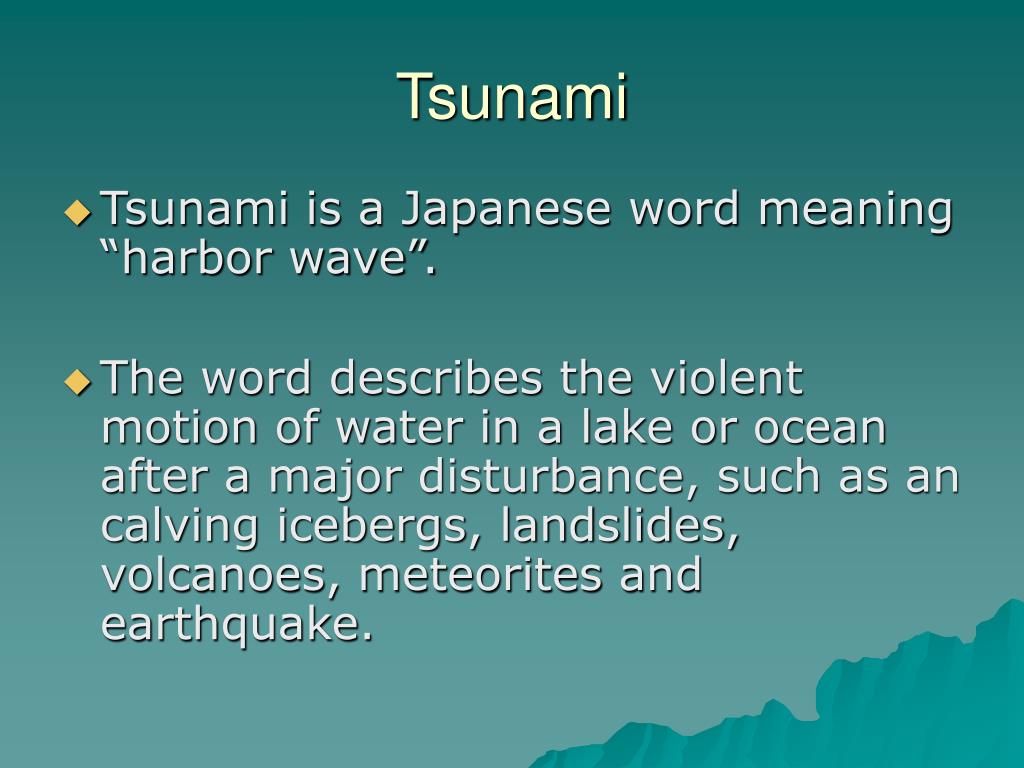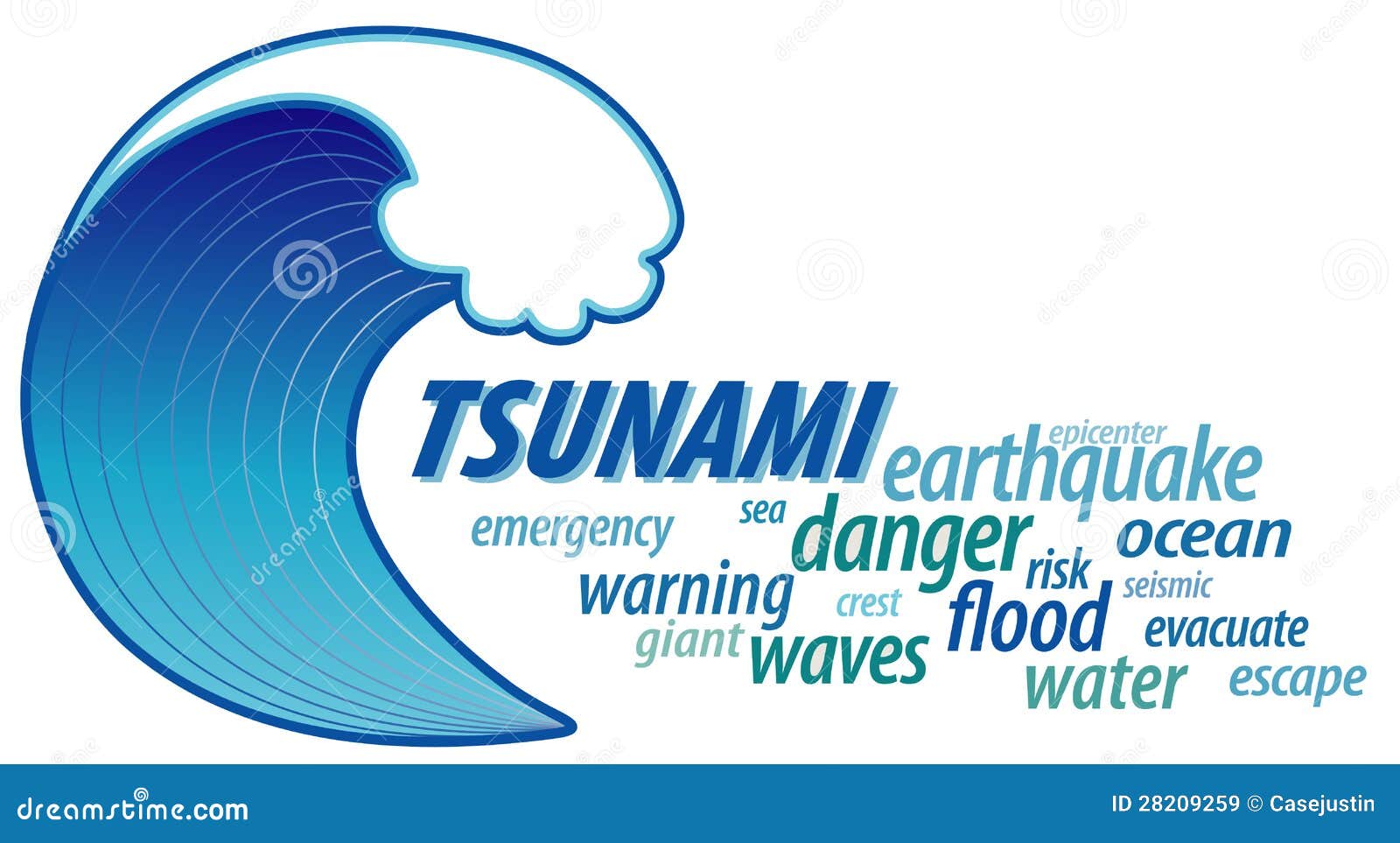Where Does The Word Tsunami Originated From
Where Does The Word Tsunami Originated From - Tsunami (n.) large wave which rolls over and inundates the land, 1896, in reference. Our word tsunami originates from two words tsu+nami, meaning harbor wave.. The term tsunami originated in japan, where it was used to describe the devastating waves.
The term tsunami originated in japan, where it was used to describe the devastating waves. Tsunami (n.) large wave which rolls over and inundates the land, 1896, in reference. Our word tsunami originates from two words tsu+nami, meaning harbor wave..
The term tsunami originated in japan, where it was used to describe the devastating waves. Our word tsunami originates from two words tsu+nami, meaning harbor wave.. Tsunami (n.) large wave which rolls over and inundates the land, 1896, in reference.
Tsunami Everything You Need to Know ClearIAS
The term tsunami originated in japan, where it was used to describe the devastating waves. Our word tsunami originates from two words tsu+nami, meaning harbor wave.. Tsunami (n.) large wave which rolls over and inundates the land, 1896, in reference.
50 Important Tsunami Facts You Have To Know
The term tsunami originated in japan, where it was used to describe the devastating waves. Our word tsunami originates from two words tsu+nami, meaning harbor wave.. Tsunami (n.) large wave which rolls over and inundates the land, 1896, in reference.
(PDF) Tsunamis...What Does the Word ‘Tsunami’ Mean? The word tsunami is
The term tsunami originated in japan, where it was used to describe the devastating waves. Our word tsunami originates from two words tsu+nami, meaning harbor wave.. Tsunami (n.) large wave which rolls over and inundates the land, 1896, in reference.
What is a Tsunami Definition of Tsunami
The term tsunami originated in japan, where it was used to describe the devastating waves. Our word tsunami originates from two words tsu+nami, meaning harbor wave.. Tsunami (n.) large wave which rolls over and inundates the land, 1896, in reference.
History Of Tsunami, The Word And The Wave, Runs Long In Japan NPR
The term tsunami originated in japan, where it was used to describe the devastating waves. Tsunami (n.) large wave which rolls over and inundates the land, 1896, in reference. Our word tsunami originates from two words tsu+nami, meaning harbor wave..
ClimbingNoob Tsunami Japanese Word Meaning
The term tsunami originated in japan, where it was used to describe the devastating waves. Our word tsunami originates from two words tsu+nami, meaning harbor wave.. Tsunami (n.) large wave which rolls over and inundates the land, 1896, in reference.
(PPTX) A tsunami (plural tsunamis or tsunami} Originated from Japanese
Our word tsunami originates from two words tsu+nami, meaning harbor wave.. The term tsunami originated in japan, where it was used to describe the devastating waves. Tsunami (n.) large wave which rolls over and inundates the land, 1896, in reference.
What Is the Origin of the Word Tsunami? The Word Origin
The term tsunami originated in japan, where it was used to describe the devastating waves. Tsunami (n.) large wave which rolls over and inundates the land, 1896, in reference. Our word tsunami originates from two words tsu+nami, meaning harbor wave..
Tsunami Products
Tsunami (n.) large wave which rolls over and inundates the land, 1896, in reference. Our word tsunami originates from two words tsu+nami, meaning harbor wave.. The term tsunami originated in japan, where it was used to describe the devastating waves.
Tsunami Giant Wave, Word Cloud Royalty Free Stock Images Image 28209259
The term tsunami originated in japan, where it was used to describe the devastating waves. Our word tsunami originates from two words tsu+nami, meaning harbor wave.. Tsunami (n.) large wave which rolls over and inundates the land, 1896, in reference.
Our Word Tsunami Originates From Two Words Tsu+Nami, Meaning Harbor Wave..
The term tsunami originated in japan, where it was used to describe the devastating waves. Tsunami (n.) large wave which rolls over and inundates the land, 1896, in reference.









